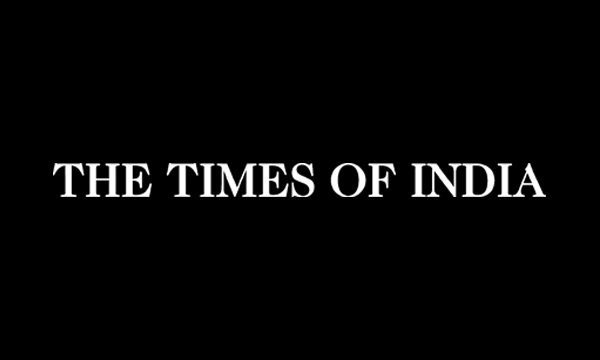
Some employees of French energy giant EDF want the company to reconsider its involvement in a hydro-electric plant in the Saudi desert that would power Crown Prince Mohammed bin Salman's futuristic megacity Neom, following concerns over the project's sustainability and alleged human rights abuses.
Neom is being built in the Tabuk region in northeast Saudi Arabia on some 26,000km2 of land, an area the size of Belgium.
It is part of MBS's Vision 2030, which is aimed at diversifying Saudi Arabia's economy and reducing its dependence on oil revenues.
Its most dazzling part of the €500 billion project is The Line, a 170km-long vertical megacity that will house up to nine million people.
Neom will also have a ski resort to host the 2029 Asian Winter Games, a luxury island on the Red Sea and an industrial complex with a floating port.

The Saudis promise the car-free, street-free city will be run entirely on renewable energies resulting in zero carbon emissions.
Some 2,100 megawatts of its electricity will be produced by Nestor, a pumped hydro energy storage project (PHES) that enables the mass storage of excess energy from renewable sources.
EDF, a leader in hydro-electric technology, won the tender in January to carry out preliminary studies on Nestor's conception and construction. If the collaboration continues it could give the renationalised EDF – saddled with a €47bn debt – a welcome boost.
Gigatonnes of emissions
But not everyone at EDF is comfortable with the deal. A recent investigation by Radio France revealed that some staff considered it was out of synch with the company's ethical charter and commitments to promote low-carbon energy.
They said that while Nestor would provide carbon-free electricity, building Neom will be energy-guzzling.
"The construction will generate an estimated 1.8 gigatonnes of CO2," Philip Oldfield of New South Wales University in Australia told Radio France. "That's the equivalent of four times the UK's annual emissions."
In December last year, EDF reaffirmed its commitment to the climate and to achieving net zero emissions by 2050, which is needed to stay below 1.5C of warming as per the Paris Agreement. It also has its own charter on socially responsible practices.
"We understand Saudi Arabia needs to decarbonise and it's not up to us to give them lessons, but this pharaonic project seems contrary to EDF's values and our tradition of public service," engineer Jean-Yves Ségura, an FO union rep with EDF's hydro-electric energy department, told RFI.
"We've been involved in other PHEC operations such as Hatta in Dubai but this is different. And who will benefit? Mainly rich people? We're not sure it will benefit the local population."

His union began alerting management in 2022, just a few months after Neom Company chose EDF to identify sites for the plant.
At the end of 2022 FO carried out a survey among staff in the hydro-electric engineering department. "73 percent (of respondents) were against Neom, saying the project was contrary to EDF's commitment to be socially responsible," Ségura said.
The union put forward recommendations but "we haven't had much response; there's been little consultation".
Human rights concerns
The Taduk region of Saudi Arabia, where Neom is being built is home to the Howeitat tribe. An investigation by Saudi rights group ALQST found that Saudi authorities had "violently cracked down on members of the tribe who peacefully opposed or resisted eviction".
ALQST confirmed that at least three members of the tribe had been sentenced to death and 14 handed prison terms of between 15 to 50 years.
Questioned over the ethical issues relating to Nestor, EDF told Radio France that respect for fundamental human rights and environmental and social standards was "a precondition for each project EDF took part in" and that their ethical and ecological charter had been sent along with their bid.
As for employees' opposition to Neom, it said: "EDF respects the opinion of all its staff and offers many other opportunities within the company to allow them to flourish through other projects".
Ségura acknowledged that the media attention had "certainly helped to relieve pressure on staff".
The union is now pushing for the establishment of a right to withdraw from a project for "environmental and ethical reasons", which would apply not just to EDF employees but also to those at other big energy providers.
If it succeeds, employees could be relieved of certain projects they deem "contrary to their company's public undertakings and the need to bring about an exemplary energy transition", the union wrote in a statement.







